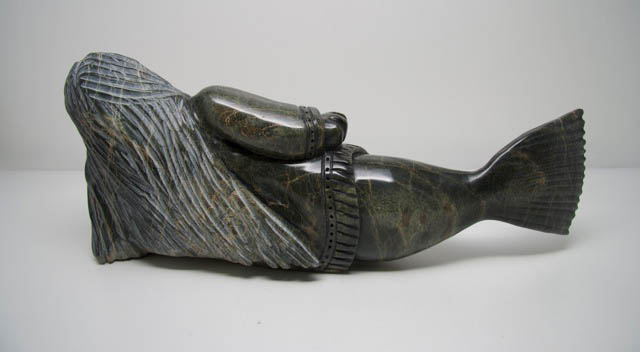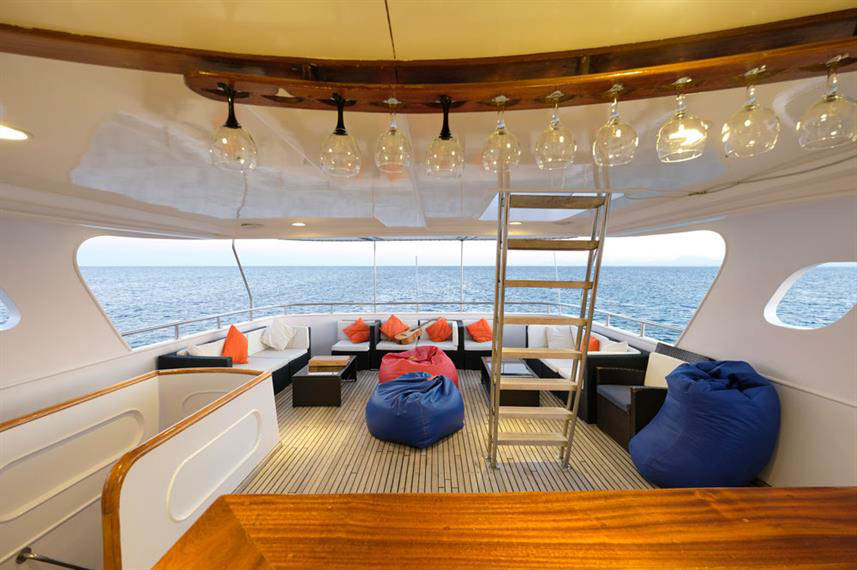During July 25 to August 4, 2016, Team Sedna will fly to Baffin Island, Nunavut, Canada, for an action-packed, 11-day expedition to study the impacts of global warming in the Arctic. Our program is ambitious, and we intend to make full use of the 24/7 midnight sun in Canada’s High Arctic!
Everyone knows something about climate change. But, few people are familiar with the term “ocean change.”
In the Arctic, ocean change involves melting glaciers, disappearing sea ice, warming waters and ocean acidification.
Bringing the ocean to eye level for the Inuit
During July 25 to August 4, Team Sedna will immerse itself (pun intended) in the issue of ocean change, snorkeling and diving in polar waters around Baffin Island. The sea women will scout, document and record changes in arctic waters. And, they’ll also undertake a Greenland shark tagging and DNA program, contributing scientific data to these little-know and rarely-seen deep-water sharks which are second, in size, to great white sharks.
Team Sedna will visit Iqaluit, a remote Inuit community on Baffin Island, where the sea women will “bring the ocean to eye level” for Inuit youth, girls, parents and Elders.
Using mobile touch aqauriums and underwater robots euipped with videocameras, the Sedna Epic Expedition will introduce the Inuit (who are largely non-swimmers) to the increbile biodiversity that lies below the waves in their back yards, so to speak. Equipping the Inuit with drysuits and masks, fins and snorkels, Team Sedna will also lead the Inuit on snorkel safaris, literally “bringing the ocean to eye level.”
The sea women will mentor teenage Inuit girls during the expedition, involving them in all aspects of their ocean educational activities and introducing them to careers in ocean science and technology, conservation, fisheries management, and polar diving as a form of ecotourism.

From Greenland to Alaska, according to Inuit legend, Sedna is the goddess of the sea. And, she’s the mother of all marine mammals.
A warm up, of sorts…
The summer of 2016 represents a warm up, of sorts, for the Sedna Epic Expedition’s ultimate goal: In the summers of 2017 and 2018, Team Sedna plans to mount a snorkel relay of the Northwest Passage—all 3,000 kilometres of it—bringing global attention to disappearing sea ice in the Arctic. En route, the sea women will visit ten Inuit and Inuvialuit communties situated along the Northwest Passage, delivering their innovative, hands-on ocean outreach program and empowering the next generation of indigenous female leaders to combat both societal and climate change.
With your support and generosity, the project is hoping to raise $12,000 CAD (or approximately fifty percent of my personal costs for the July 25 to August 4, 2016, expedition) via their #GoFundMe page.
Just as in Sir Ernest Shackleton’s day, polar exploration is not for the faint of heart! Mounting a polar expedition is a daunting task that takes years of preparation and fundrasing.







